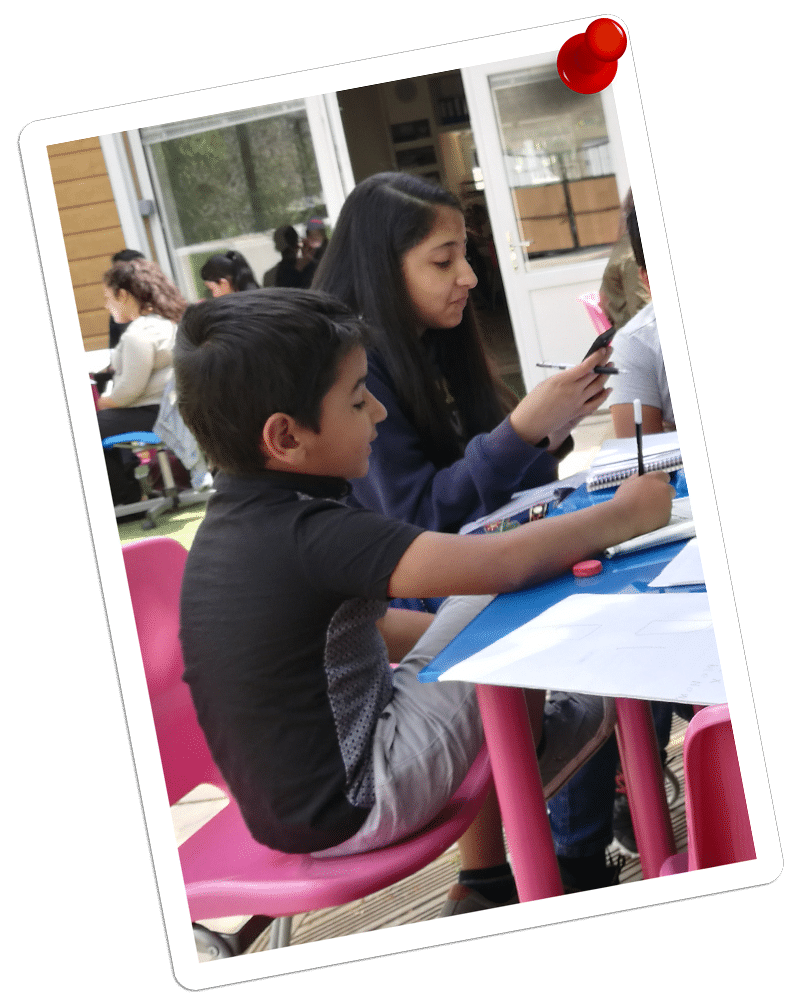Diet and Exercise
L.O to understand how a balanced diet and regular exercise is needed to keep the body healthy.
Our diet consists of many different components. These components have different functions within the body and an unbalanced diet can lead to a lack of on component, which can lead to a disease.
This table provides information about the different nutrients the body requires
| Nutrients | Use in the body | Source |
|---|---|---|
| Carbohydrates | To provide energy for the body, acts as a short term energy supply | Bread, pasta and potatoes |
| Proteins | Helps build muscle for growth and repair | Meat, eggs and dairy products |
| Lipids (fats and oils) | Provides energy and also a long term energy supply | Butter and oil |
| Minerals | Needed to maintain health | Milk provides calcium and meat provides iron |
| Vitamins | Needed to maintain health | Fruit and vegetable |
| Dietary Fibre | To help move food through the gut | Whole wheat products, fruit and vegetables |
| Water | Needed for cells | Water |
In our diet we require different vitamins as they all have different functions within our body.
Vitamin C– this vitamin is required help heal injuries on the outside or on the inside of the body. Vitamin C is found in fruits such as oranges and lemons. It can also be found in green vegetables such as spinach and broccoli.
A lack of vitamin C can lead to a disease called scurvy, first noticed when sailors went to sea and did not have fruit or vegetable. This causes a loss of teeth, swelling and bleeding in the gums and joint pains.
Vitamin D – This vitamin is required to help the bones grow. It is mainly sourced from sunlight but can also be found in foods such as fish and eggs. A lack of vitamin D will lead to sore bones and a disease called rickets.
Vitamin A – This is required to help maintain good vision. A good source of vitamin A is eggs are other dairy products. A lack of vitamin A can lead to night blindness ,which is an inability to see in dim light.
In our diet we also require minerals, which also come from a variety of sources.
Calcium – calcium is very important in the formation of bones and teeth. Calcium can be found in eggs and dairy products such as cheese and milk. A lack of calcium will lead to weak bones and teeth
Iron – iron is required to help form hemoglobin, which is a key component within our blood. Hemoglobin is required to carry oxygen from our lungs to the rest of the body. A lack of iron will lead to a disease called anemia, of which symptoms include tiredness and feeling weak. Iron can be found in red meats and green leafy vegetables.
Balanced diet
When we eat we have to make sure we get the correct amounts of each component. The government recommends a carbohydrate, fruit and vegetable all make two thirds of our diets. The last thirds is made up of protein dairy and fats.
The energy requirements of a person differ depending on these three factors
- Gender
- Age
- Daily activity
When trying to assess how many calories you should be consuming, you should always look at the side of food packets, as all the nutritional information will be displayed
For example, a man should be aiming for approximately 2600kcal per day and a women 2200kcal per day
However complications can occur when you consume to may calories than you burn or you consume less calories than you burn. This can lead to either an overweight or underweight body.
The calories you consume must be consumed from all the nutrients mentioned above, thus leading to a balanced diet.
Food additives
Some foods may contain additives. These additives have a number of functions.
They may be used for :
- Colouring – to make the food a different colour
- Flavoring – to enhance the flavor of the food
- Sweetener – to make the food sweeter
- Preservative – to make the food last longer
- Antioxidant – prevents reactions going on in the food that may make it go off.


